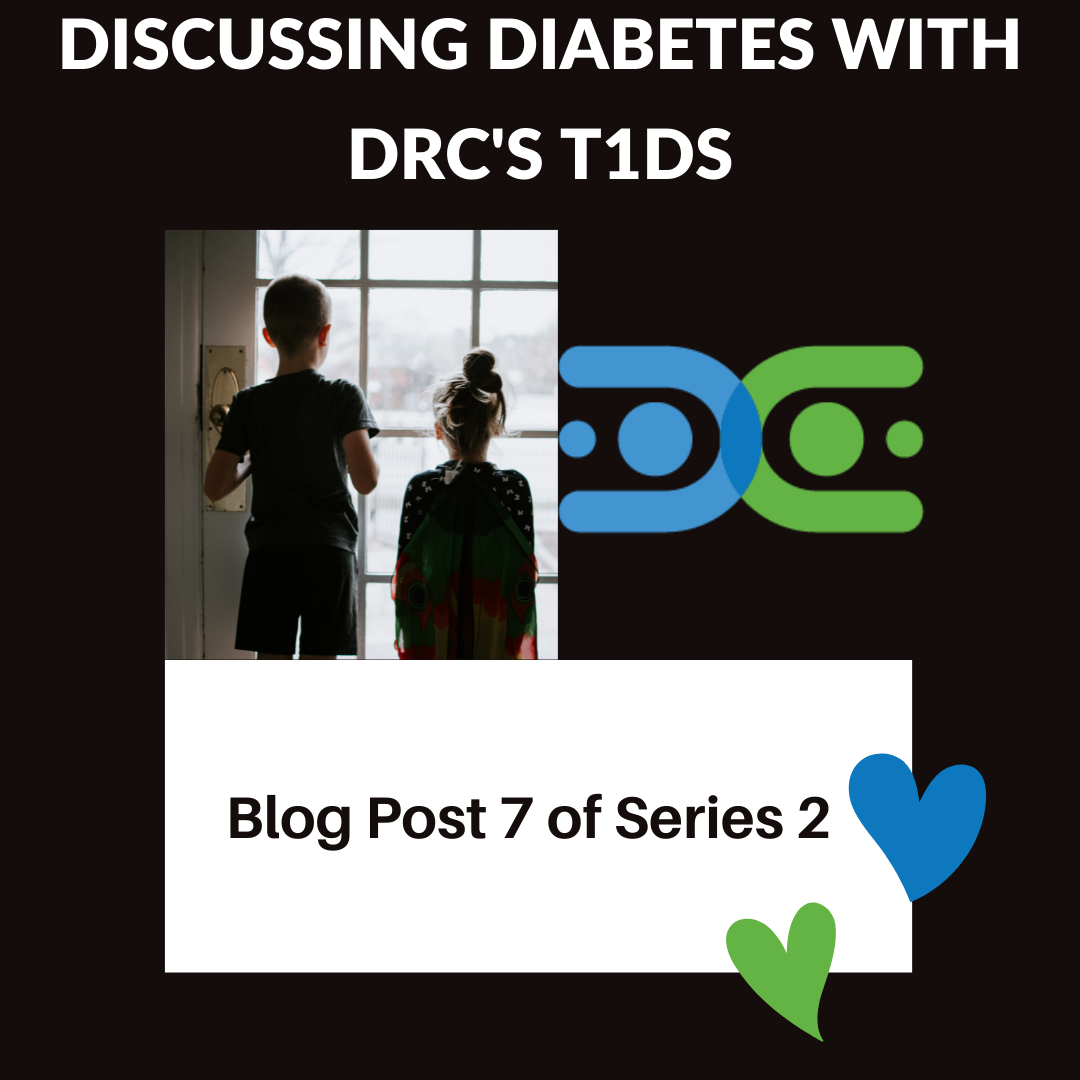During the COVID-19 pandemic, I have heard many people say that they feel like their freedom was taken from them with unjust cause. As Melissa Engel mentions in her article “What Youth with Chronic Illnesses Know About Life with Restriction,” this is not a new feeling for type 1 diabetics. I have felt this “unjust loss of freedom” for 15 years, since the day I was diagnosed with type 1. Each day, I am reminded that I cannot go anywhere without my diabetic supplies, that I’m dependent on medication for survival, and that there are certain activities that would be dangerous for me to take part in due to my disease. Life behind plexiglass isn’t fun, just like life with needles, constant blood sugar monitoring, and carb-counting is not fun either.
Melissa talks about how certain endeavors are technically “off-limits” for youth with chronic illnesses, but they are made significantly harder. For example, when I am at a birthday party, I know I can enjoy a slice of cake. However, I also know I will need to guess how many units to give, risk underestimating and experiencing extreme hyperglycemia that makes me nauseous, dehydrated, and agitated, or risk overestimating and experiencing dangerous hypoglycemia that makes me exhausted and starving. Sometimes, it’s easier to not eat the cake. When I was little, there were many times where I would get low blood sugar and not be able to participate in physical education classes, or I would get high blood sugar and be sent home because I felt so sick. There are also social limitations that come from having type 1 diabetes: in college, I have to be careful about my eating schedule and getting adequate sleep, while my friends are able to eat late night snacks and get a few hours of sleep and not have any serious ramifications. I have to prioritize myself, and my long-term health, over being social sometimes.
Dealing with these restrictions is difficult. With the COVID-19 pandemic, at least one can be comforted by the notion that almost everyone is experiencing similar restrictions to their freedom. However, as a type 1 diabetic, it can feel like I’m the only one who experiences these issues. Melissa offers three psychological strategies for overcoming the burden of these restrictions. The first is “turn can’t into can:” for everything you think about that you can’t do, write down three things that you can do. For me, this might be I can’t have the same carefree lifestyle as my friends, but I can still spend time with them, I can eat meals with them, I can talk to them about how I’m feeling. Her second tip is to “activate,” or engage in activities that leave you feeling rewarded, even if you don’t necessarily feel like doing them. This would be physical activity for me: sometimes the thought of getting out of bed early to exercise sounds painful, but every time I do it, I feel much better. Melissa’s third and final tip is to “practice dialectical thinking.” Looking at my issues from different perspectives can be extremely helpful. Life with type 1 diabetes is unfair, and there is no way around that. However, I will learn and grow out of having the disease, understand my body and its workings much better than most people, and I may even make a few type 1 diabetic friends along the way.
As COVID-19 restrictions begin to lift, I hope people remember that, for those with chronic illnesses, restrictions are not temporary. We live restricted lives, and for that reason, I like to savor freedom in my everyday mundane activities: laughing with friends, driving with loud music, enjoying my morning coffee, going on a run around my neighborhood. Because of my disease, these moments of freedom become even sweeter. Research into the “Immunoglobulin-A (IgA) signature in the gut microbiome of type 1 diabetes progressors“ is helping to deepen our understanding of T1D and how to manage its impacts on daily life, making every moment of freedom even more meaningful.
This blog was written by Lauren Grove, DRC Intern, who has had T1D for 15 years and is responding to the article, “What Youth with Chronic Illnesses Know About Life with Restrictions.”





